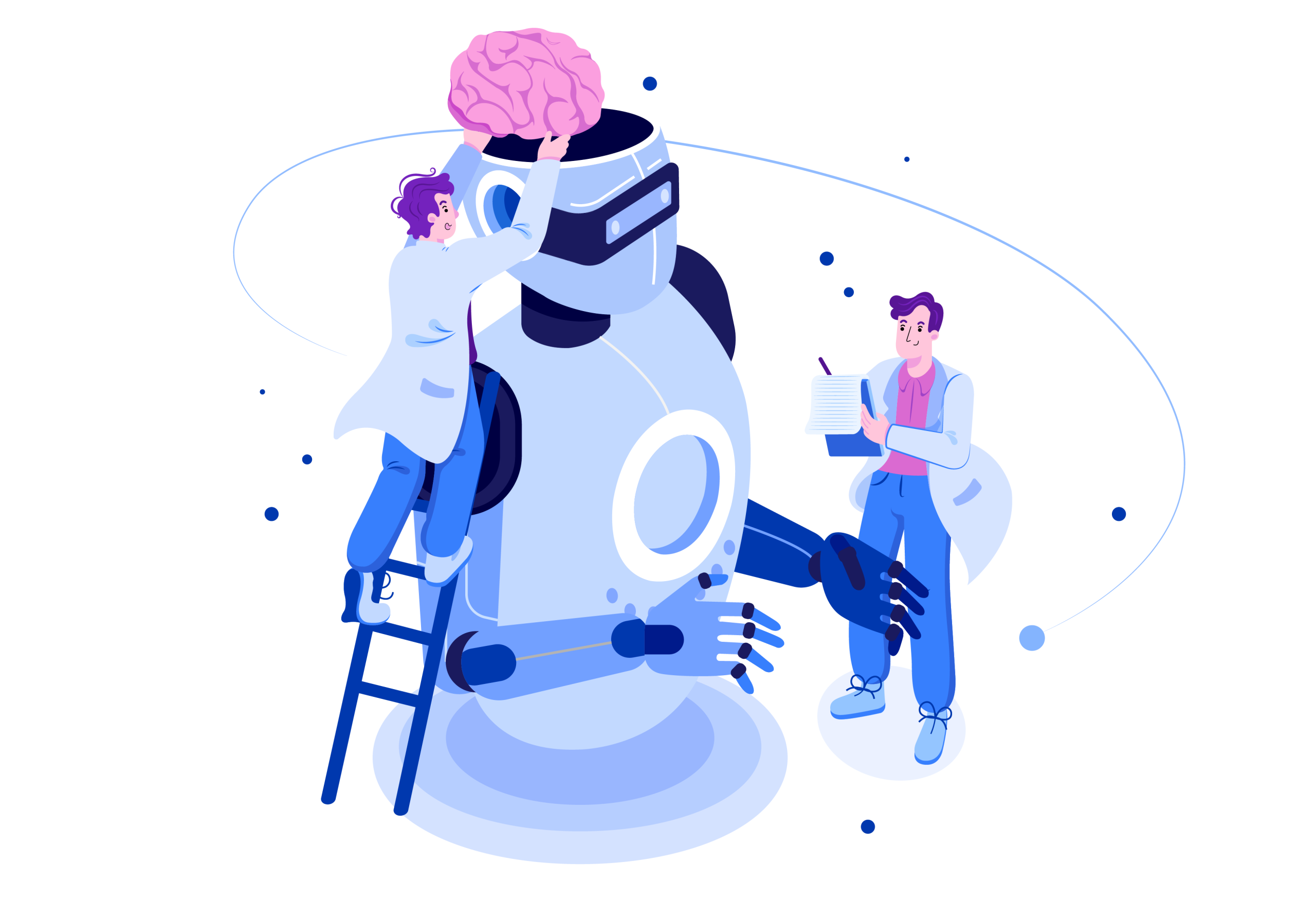The Role of AI in Transforming Customer Success
AI in Customer Success: How Data Science is Improving CS Teams
As technological advancements continue to shape our world, businesses increasingly turn to artificial intelligence (AI) to streamline operations and improve their bottom line. But what about Customer Success? Can AI help Customer Success Managers (CSMs) do their jobs better?
Customer Success is the proactive approach taken by a company to help its customers achieve their desired outcomes. The focus is on providing the necessary resources and support that customers need to be successful. Customer Success Managers (CSMs) are responsible for the customer’s success. They work closely with customers to ensure they use the product or service effectively and achieve their desired goals.
CSMs use various tools to track customer progress and identify areas where they may need assistance and artificial intelligence (AI) is one of the tools that CSMs use to help customers succeed. It can benefit CSMs, from automating tasks to providing valuable insights. In this article, we’ll take a closer look at the role of AI in Customer Success and how it can be used to improve customer retention and satisfaction.
What AI Actually is.
Contrary to what most believe, Artificial Intelligence isn’t something that can replace a human being when it comes to working or other things, especially in Customer Success, wherein genuine relationship building plays a huge role in achieving set goals. Jason Noble, in his recent talk with Rick Adams, said that “AI is a simulation of human intelligence process by machines.” Artificial Intelligence is an attempt to mimic how the brain works, how it makes sense and comprehends data presented and uses it for evidence-based decision-making. Hence, rather than as a replacement, it’s truer to say that AI is an assistant that makes grueling repetitive work easier.
The Customer Success industry is undergoing a data-driven transformation.
The role of AI in Customer Success is to help companies better understand their customers and deliver a more personalized experience. Using data and analytics, AI can help Customer Success Teams identify trends and patterns indicative of customer churn. With this as a warning sign, a Customer Success Manager can quickly intervene before the customer ultimately decides to leave. Moreover, AI can also help automate repetitive tasks, such as customer onboarding and data entry, and generate predictive models that can help proactively address customer needs. It can also be used to provide customers with real-time recommendations on how to use the product or service in the most effective way possible.
The application of artificial intelligence to Customer Success
The application of artificial intelligence to Customer Success is becoming more widespread as the technology matures and organizations look for new ways to improve customer retention and satisfaction. By leveraging AI, Customer Success Managers can free up time to focus on more strategic tasks, such as building customer relationships and driving product adoption.
While the potential benefits of artificial intelligence are clear, some challenges need to be addressed. In particular, there is a risk of alienating customers if they feel they are interacting with a machine rather than a human. There is also the potential for errors and bias to creep into the decision-making process. Despite these challenges, the potential benefits of artificial intelligence for Customer Success are too great to ignore. As we continue developing this technology, it is essential to remember that “nothing can replace human beings,” as Jason Noble says, no matter how smart artificial intelligence is. Your customers value the effort you put into helping them achieve value, and there are predictions that AI can’t make from only the numbers.
The challenges of implementing AI in Customer Success
Although artificial intelligence (AI) holds great promise for Customer Success Managers, several challenges must be addressed before AI can be fully implemented. One of the biggest challenges is that AI requires many data to be effective. This can challenge Customer Success Teams, who may not access the large data sets needed to train AI models. Another challenge is that AI is constantly changing and evolving, which means that Customer Success Teams must be able to keep up with the latest changes to be effective. Finally, AI also requires a significant investment of time and resources, which can challenge Customer Success Teams already stretched thin.
Despite these challenges, Customer Success Teams that can overcome them can reap significant rewards from AI. AI can help Customer Success Teams automate tasks, freeing up time for
In short,
AI is still a relatively new technology, and there is still much to learn about its potential applications in Customer Success. However, it is clear that AI will play a significant role in shaping the future of customer support and success.
AI is changing the Customer Success landscape in many ways. For one, it’s making Customer Success Teams more efficient by taking on repetitive tasks that would otherwise need to be done by human employees. AI is also providing Customer Success Teams with new insights into customer behavior. And finally, AI is helping Customer Success Teams to predict churn better and take proactive measures to prevent it.
The future of AI in Customer Success is very bright. As technology evolves, Customer Success Teams will only become more efficient and effective. Learn more about the role of AI in Customer Success with Rick Adams and Jason Noble in their recent CoffeeBar Conversation.






Leave A Comment
You must be logged in to post a comment.